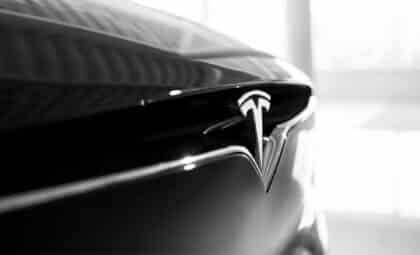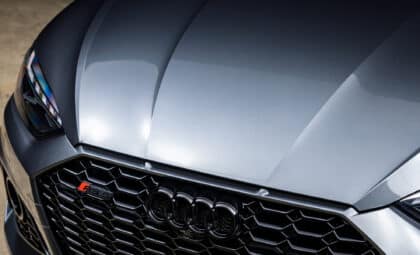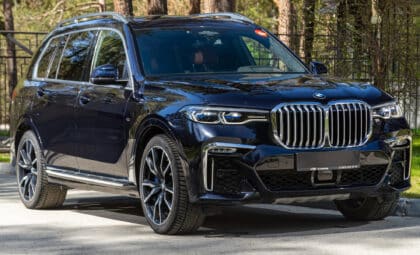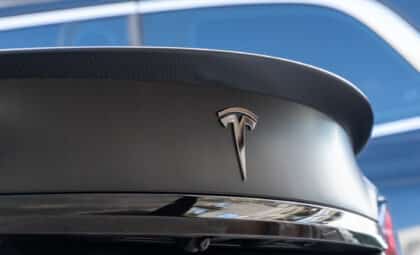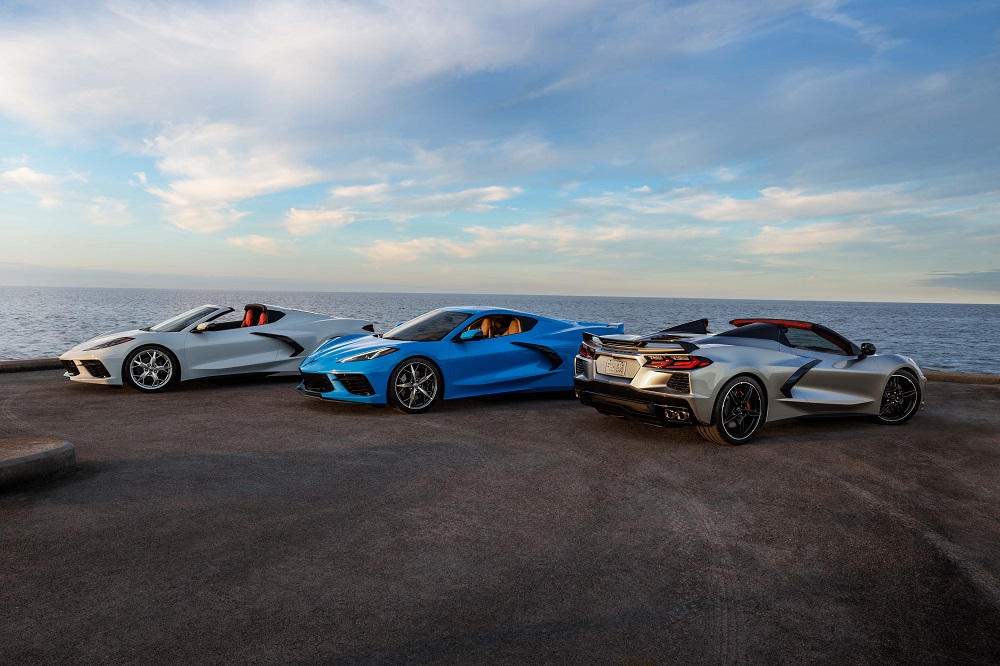
General Motors announced this week that it intends to be fully carbon neutral by 2040. We already explored yesterday how the American company plans to do this, but now it’s time to look at the potential implications for some of GM’s most popular models.
In addition to the 2040 pledge, GM Chairman and CEO Mary Barra stated that it was an “aspiration to eliminate tailpipe emissions from new light-duty vehicles by 2035” — and the company is working with the Environmental Defense Fund to achieve this goal.
Corvette Spotlight: Learn more about the excellent eighth-generation sports car
This raises a few questions about the fate of some of the American manufacturer’s most popular vehicles. What will happen to high-performance sports cars like the Chevy Corvette Stingray and Camaro, or light-duty trucks like the Silverado 1500 and GMC Canyon?
For many, these vehicles are practically synonymous with big, rumbling V8 engines, but if GM is to meet its stated goals and remove emissions across its entire lineup, it leaves the company with only two real options: make them electric, or cut them altogether.
All-American: GM vehicles are rated as most American-made
Barra confirmed that GM would launch 30 new all-electric models by 2025 and spend $27 billion on electrification, and a large chunk of that investment will likely go toward making trucks like the Silverado 1500 — the second bestselling vehicle in America last year — fully electric. As for the Corvette, there are already rumors it will get electrified variants by 2023.
This is, of course, entirely a good thing for the environment, and even for consumers if electrification technology continues to improve the way it has over the last few decades. But we expect GM will probably need to make a big marketing push that changes the perceptions of its most hardcore buyers — those who buy only American and put anti-EV stickers on their tailgate. After all, to them, a battery-powered pickup is tantamount to an insult.
But according to Barra, 75 percent of its carbon impact comes from the tailpipe emissions of the vehicles that it sells. If the Detroit manufacturer is to clean up its act, battery-powered pickup trucks and fully-electric Corvettes are the reality of the future.
Kurt Verlin was born in France and lives in the United States. Throughout his life he was always told French was the language of romance, but it was English he fell in love with. He likes cats, music, cars, 30 Rock, Formula 1, and pretending to be a race car driver in simulators; but most of all, he just likes to write about it all. See more articles by Kurt.



